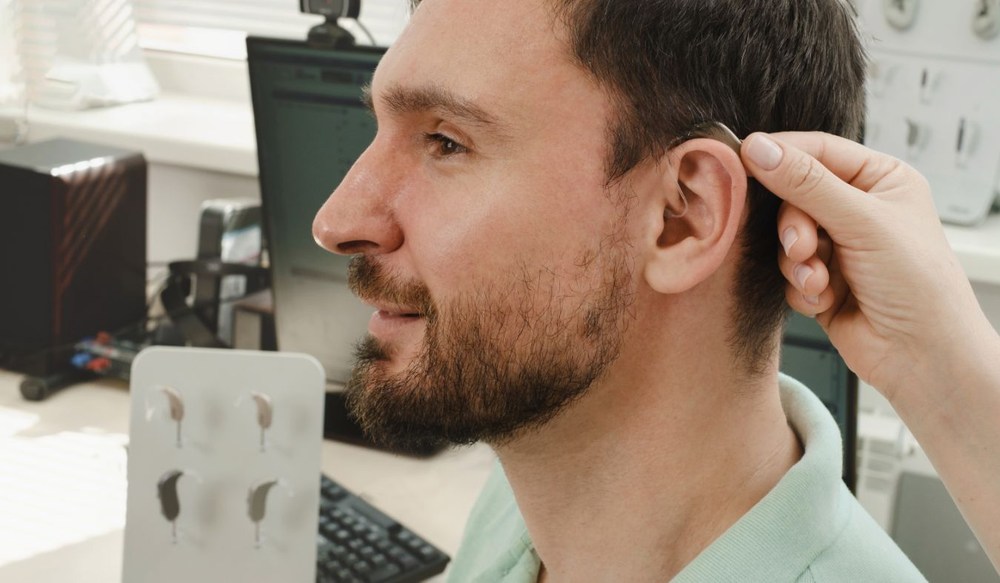How to Choose Hearing Aids for an Active Lifestyle
When you lead an active life, your hearing aids need to keep up with you.


When you lead an active life, your hearing aids need to keep up with you.

Winter weather brings unique challenges when you wear hearing aids. The

Pregnancy is a time filled with excitement and change. But did you know